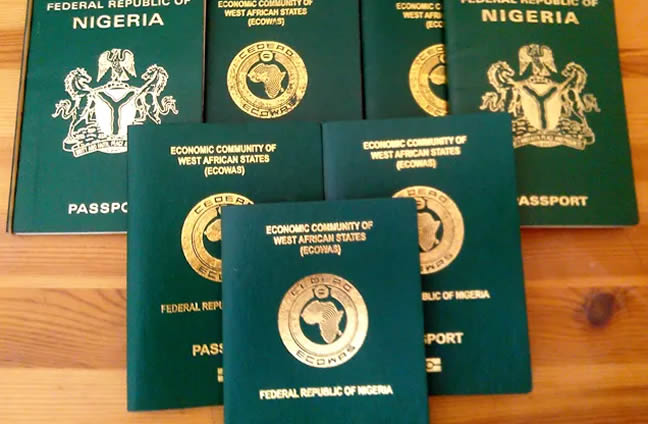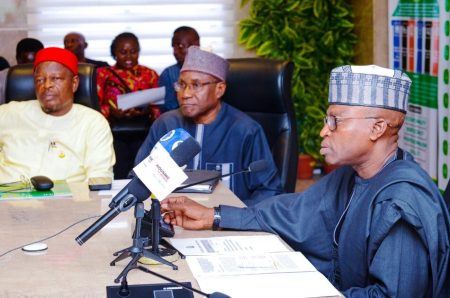The proposed increase in Nigerian passport fees has sparked a debate, with a coalition of civil society groups advocating for public support for the measure. The Coalition of Civil Society Groups for National Development (CCSGND) argues that the fee review, implemented by the Nigeria Immigration Service (NIS) and the Federal Ministry of Interior, is not a punitive measure but a necessary step towards modernizing the country’s passport system. They contend that the increased fees will fund crucial technological upgrades, improve service delivery, and ensure the long-term sustainability of the passport system, ultimately benefiting all citizens. The CCSGND believes that aligning Nigeria’s passport fees with international standards is essential for maintaining the credibility, accessibility, and security of the system.
The CCSGND acknowledges that any fee increase is naturally met with public concern, but emphasizes the importance of understanding the rationale behind the adjustment. They draw parallels with previous reforms in other sectors, such as electricity tariffs and fuel pricing, where initial public resistance eventually gave way to acceptance as the long-term benefits became apparent. The coalition stresses the global practice of governments periodically adjusting administrative charges to reflect inflation, technological advancements, and the increasing demands for efficient service delivery. Nigeria, they argue, cannot afford to be an exception if it aims to maintain a reputable and effective passport system.
The coalition criticizes those who exploit public anxieties for political gain, urging citizens to focus on the broader objective of strengthening national institutions. They accuse “desperate politicians and perpetual critics” of attempting to capitalize on the fee hike for their own political agendas, thereby distracting from the genuine need for improvements in the passport system. The CCSGND calls for a more constructive approach, emphasizing the importance of collective responsibility in building robust and efficient systems that serve the nation’s interests.
The CCSGND emphasizes its commitment to closely monitor the implementation of the passport fee reform, pledging to hold the relevant authorities accountable for ensuring transparency and judicious use of the increased revenue. They underscore the importance of public trust and accountability in this process, promising to advocate for the allocation of every additional kobo generated from the fee increase towards enhancing the affordability, accessibility, and timeliness of passport issuance for all Nigerian citizens. This commitment to oversight aims to ensure that the reform delivers its intended benefits and that the public’s investment translates into tangible improvements in the passport system.
The proposed increase in passport fees has been met with mixed reactions. While the CCSGND champions the move as a crucial step towards modernization and improved service delivery, concerns remain about the financial burden on citizens, especially in a challenging economic climate. The coalition’s arguments center on the long-term benefits of the reform, emphasizing the need for investment in technology and infrastructure to streamline the passport application process and enhance security. However, critics argue that the increase may exacerbate existing inequalities in access to essential travel documents. The debate underscores the complex balance between the need for sustainable funding for public services and the affordability of those services for the general population.
The long-term success of the passport fee increase hinges on several factors, including the transparent and efficient management of the generated revenue, demonstrable improvements in service delivery, and effective communication with the public. The CCSGND’s commitment to monitoring the reform and holding the authorities accountable is crucial for maintaining public trust and ensuring that the increased fees translate into tangible benefits for all citizens. The debate surrounding the fee hike reflects a broader discussion about the financing of public services and the need for sustainable solutions that balance the interests of the government, service providers, and the citizens they serve. The effectiveness of the reform will ultimately be judged by its impact on the accessibility, efficiency, and security of the Nigerian passport system.














